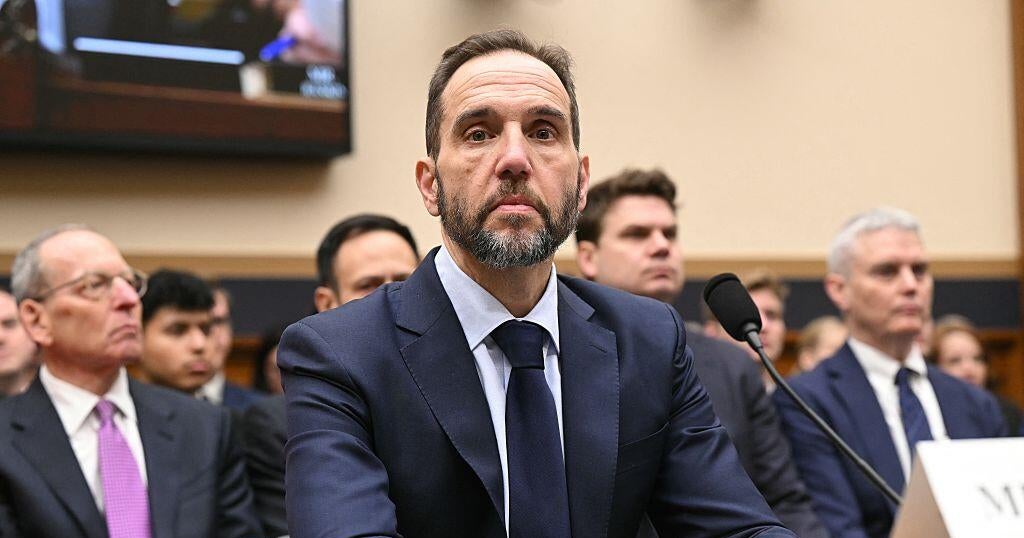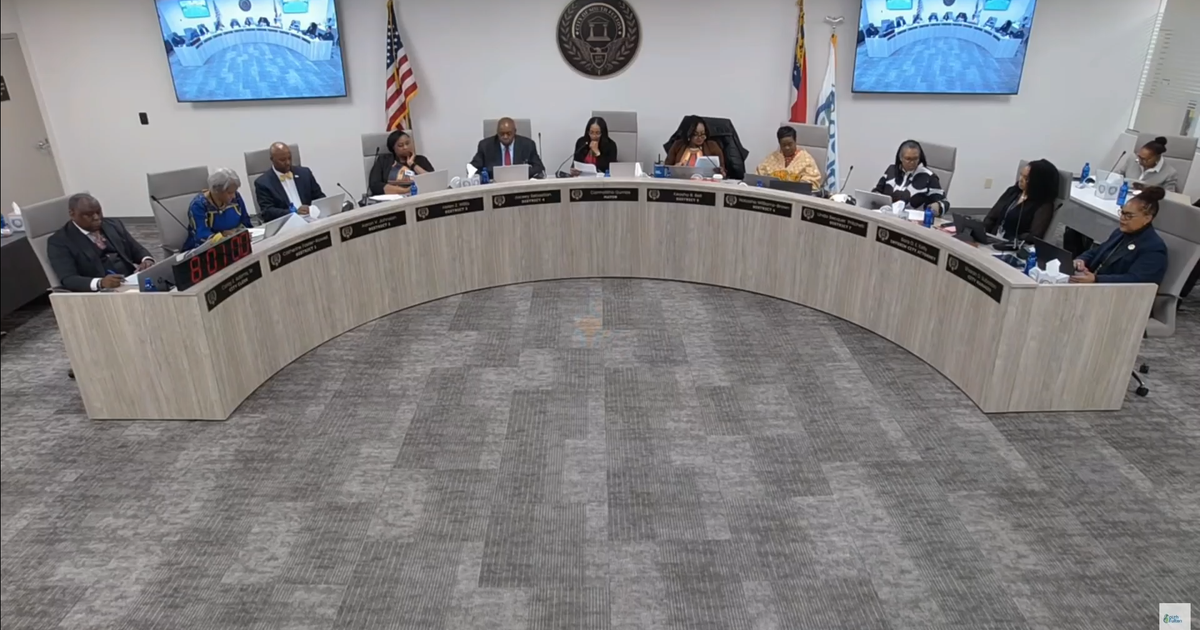Attorney General Merrick Garland says Justice Department will "continue to protect" Texas women seeking abortions
While the Justice Department is continuing to explore what can be done to challenge the new Texas abortion ban, which prohibits abortions once a fetal heartbeat is detected, Attorney General Merrick Garland released a statement Monday promising the department would "continue to protect" the safety of Texas women seeking abortions.
"[W]e will continue to protect those seeking to obtain or provide reproductive health services pursuant to our criminal and civil enforcement of the FACE Act," Garland said. He also said that the Justice Department would provide federal law enforcement support to abortion clinics or reproductive health centers that are "under attack."
The FACE Act, or Freedom of Access to Clinic Entrances Act, is a 1994 law that "prohibits the use or threat of force and physical obstruction that injures, intimidates, or interferes with a person seeking to obtain or provide reproductive health services." It also protects abortion centers from harm or damage.
But abortion rights advocates predict there may be fewer clinics to protect in Texas with the law now in effect because many clinics could end up closing, as women leave the state to obtain abortions. Planned Parenthood, the Center for Reproductive Rights, the ACLU and others estimate that at least 85% of women undergoing abortions in Texas are at least six weeks pregnant. In 2020, according to data collected by the Texas Health and Human Services Department, about 55,000 women in Texas had abortions, including a small number, just under 1,200, who were out-of-state residents.
A fetal heartbeat can usually be detected at about six weeks, which is before many women are aware that they're pregnant, making the law among the most restrictive in the U.S. But the Texas law differs from other similar abortion bans with its unusual enforcement scheme. As written by the Legislature, the ban is not enforced by the state — instead, private citizens may bring civil lawsuits in state courts against abortion providers or anyone who helps a woman obtain an abortion. If a suit is successful, the plaintiff is entitled to at least $10,000 from the violator of the law. The abortion ban went into effect on Wednesday, after the Supreme Court declined to block it.
Garland said last week the Justice Department is "evaluating all options to protect the constitutional rights of women, including access to abortion." But it's not yet clear what the Biden administration can do to protect abortion access in Texas while the law remains in effect.
Abortion providers, too, are having some trouble figuring out whom to sue in the case. That's because when plaintiffs claim a law is unconstitutional, they're asking a judge to say that "because the law is unconstitutional, the defendant cannot enforce the law," Jessie Hill, a law professor at Case Western Reserve University, told CBS News. "The judge has to be ordering someone to do something or not do something."
Planned Parenthood won a small victory in its battle over Texas' six-week abortion ban on Friday, when a county judge granted a temporary restraining order against Texas Right to Life. Under the order, the anti-abortion rights group is banned from "instituting private-enforcement lawsuits" against the pro-abortion rights organization, as well as its doctors and staff. The order will expire on September 17, and another hearing in the case will take place on September 13.
Melissa Quinn and Sophie Reardon contributed to this article.



